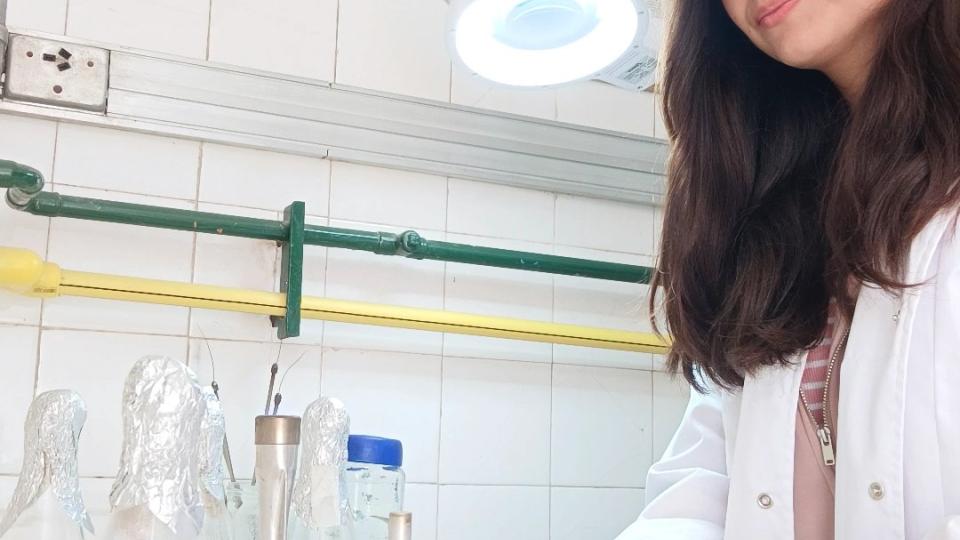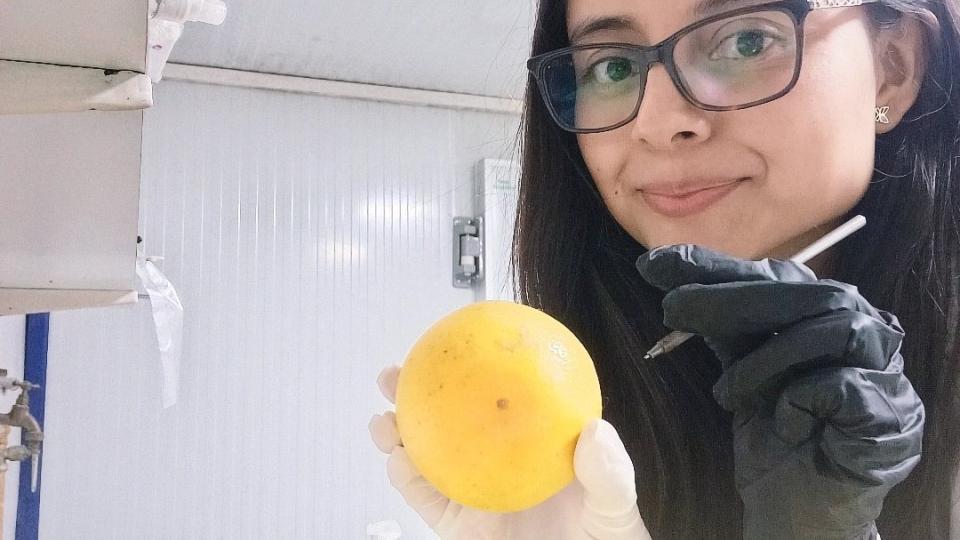Remember the tales of witches and wizards, using frog skins for their magic potions?
They may not have been that much off from modern biotech. The story is one of opportunities in adversity: Climate Change is threatening tropical amphibian populations because it promotes the spread of chytridiomycosis, an aggressive skin infection caused by a particular group of fungi. Research into this pathology established that specific consortia in amphibian skin microbiomes can slow or stop fungal growth. Mexican fellow Elizabeth Monroy went to Argentina to hone her genomics formation as part of Dr. Julian Dib's team at CONICET's Planta Piloto de Procesos Industriales Microbiológicos, delving into the applicability of these microbiological consortia to do the same for citrus fruit, which are aggressively attacked by opportunistic fungi after harvest, thus decimating agricultural outputs while on transit to markets.
Until now, the way to manage this problem has been to apply chemical fungicides that are highly toxic to the environment, farmers, and consumers. We also thank Dr. Mario Alberto Serrano Ortega at Universidad Nacional Autónoma de México for collaborating in this fellowship project.




